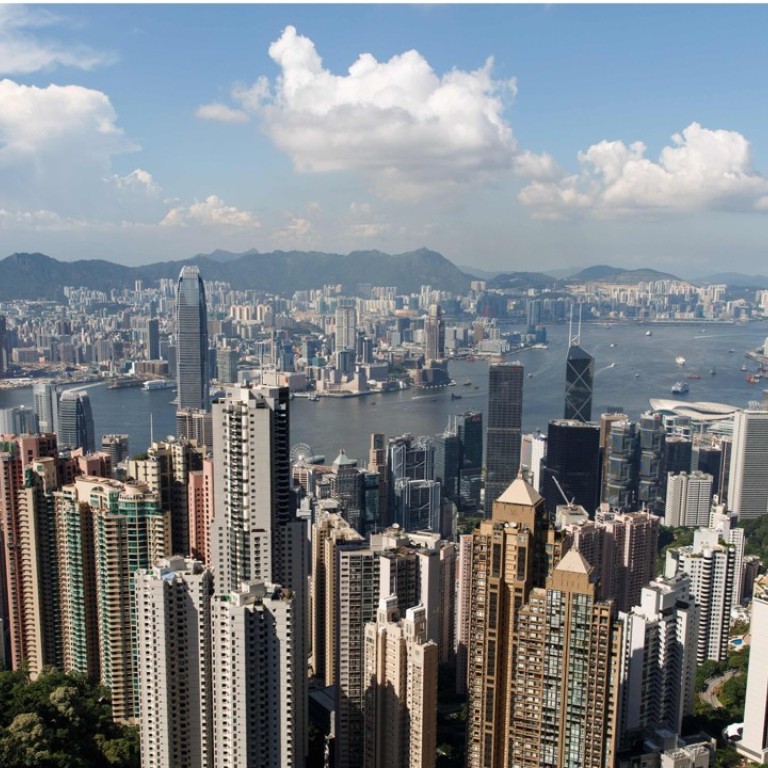
Hong Kong business leaders welcome 90-day trade truce between China and US – but some are still considering relocating factories
- Head of small businesses trade body waiting to see how things develop in 3-month tariff grace period
- President Xi Jinping and his US counterpart Donald Trump agree to truce following meeting at G20 summit in Buenos Aires
For Danny Lau Tat-pong, honorary chairman of the Hong Kong Small and Medium Enterprises Association, the truce is music to his ears.
But Lau, who like many other Hong Kong businessmen runs factories in Dongguan city in mainland China, made clear on Sunday that he would not immediately drop his plans to relocate his aluminium workshops to Southeast Asia.
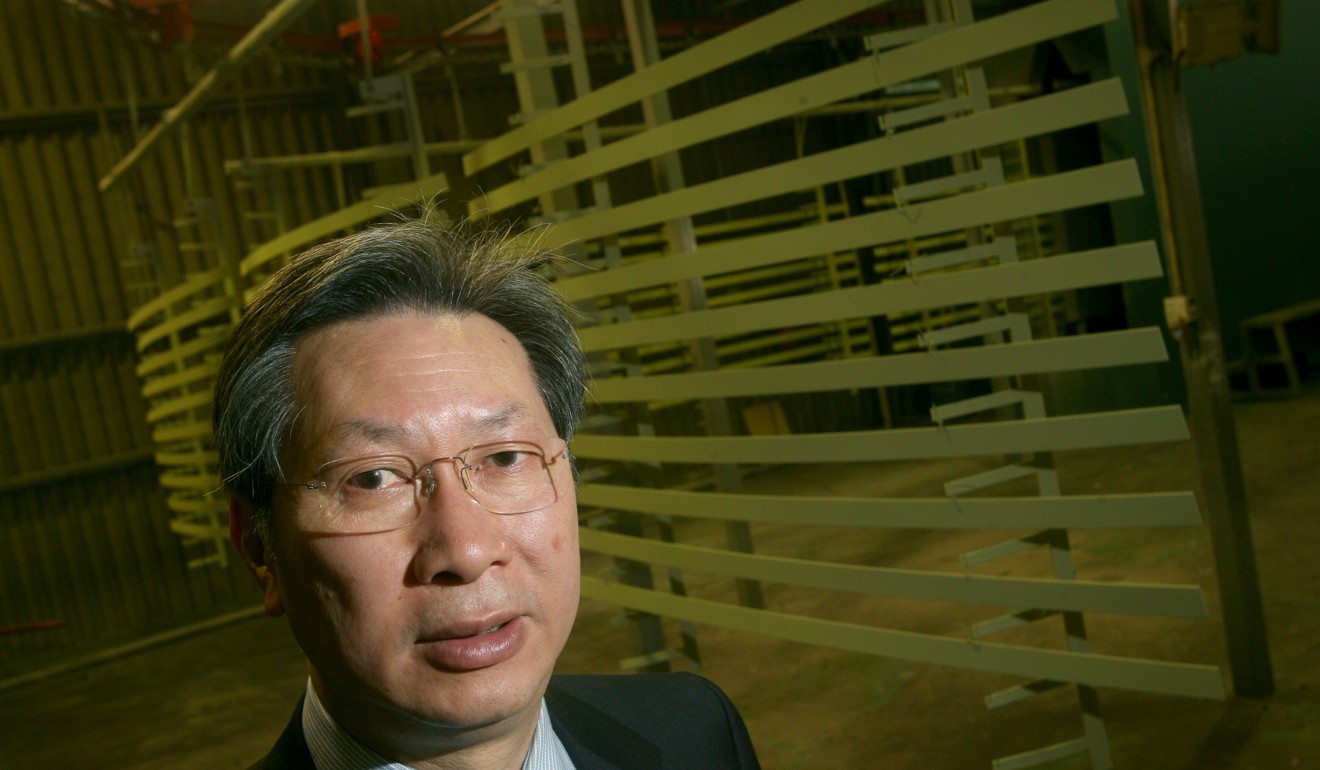
“I will still continue to conduct feasibility studies on the relocation. I may still move some factories, not all of them, to Southeast Asia,” Lau said.
“Of course, the truce is good news to me. But we’ll have to see how things go in the 90 days.”
Top US envoy dismisses call to punish Hong Kong with trade tariffs
The city’s commerce minister, Edward Yau Tang-wah, said the latest development would help ease pressure on Hong Kong’s export volumes in the current quarter and the next.
“The biggest worry was that a big increase in tariffs at the start of next year could affect the number of orders,” Yau said on a radio programme.
Despite tensions brought by the trade war, Yau said additional orders had put the city’s export figures in positive territory this year.
“However, we also do not have to think too pessimistically about the future. On the one hand, [China] has stressed all along that the country will continue to reform and open up, in a bid to improve the business environment to attract foreign investment,” Chan said.
“On the other hand, the concerns on interest rate increases and the trade conflicts have already caused the US stock market to drop quite noticeably. Once the trade conflicts escalate further, there could be a more substantial impact on the US’s investment atmosphere or even its economy.”
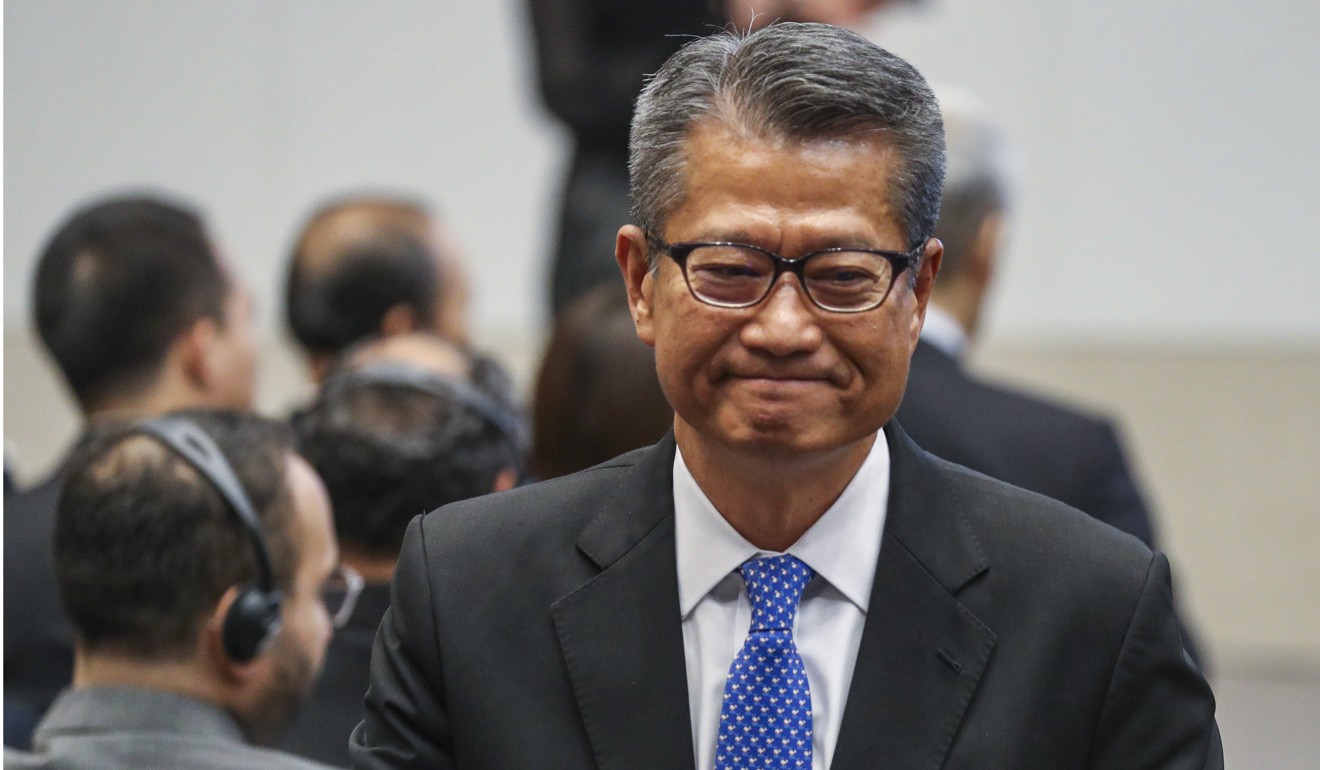
Following the Xi-Trump meeting, China agreed to buy a “very substantial” amount of American exports in an effort to reduce the large bilateral trade imbalance. Trump agreed to postpone for 90 days a scheduled increase in tariffs on US$200 billion in Chinese imports.
If no deal is struck at the end of the 90-day grace period, the US will increase the tariffs on the US$200 billion of goods from 10 per cent to 25 per cent.
Meet Xi’s G20 team: a mix of long-time aides and diplomats
The trade war’s effects on Hong Kong are more nuanced than on the mainland.
The city is treated as a different trading entity under Washington’s Hong Kong Policy Act, which took effect after the return of its sovereignty from Britain to China in 1997. The tariffs the US has slapped on the mainland do not apply to Hong Kong.
The problem is that Hong Kong has served as the re-export hub between the two nations for decades. In addition, many Hong Kong businessmen run factories on the mainland, just as Lau does.
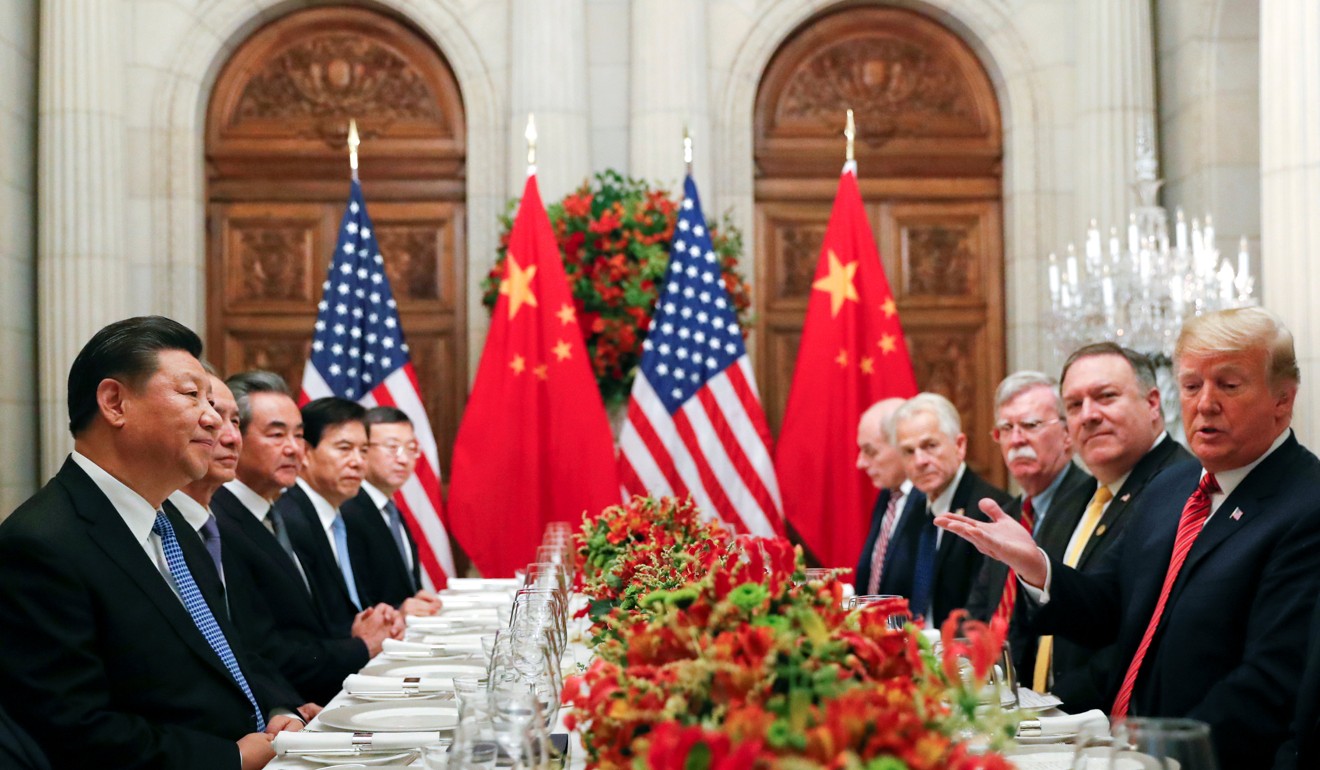
The aluminium products Lau’s Dongguan factories make are subject to a 10 per cent tariff, which is a headache for him as he exports 30 per cent of the goods to the US.
To keep orders from the US coming, Lau is already considering lowering prices by 3 to 5 per cent.
Prepare for the worst’ from US-China trade war, commerce minister warns
Lau had just returned from the US on Sunday after meeting clients – who told him that if the tariffs rose to 25 per cent, they may not buy from his factories.
“Some of the clients told me that their president is crazy. But then, some said Trump is doing what he thinks is right for the US,” Lau said.
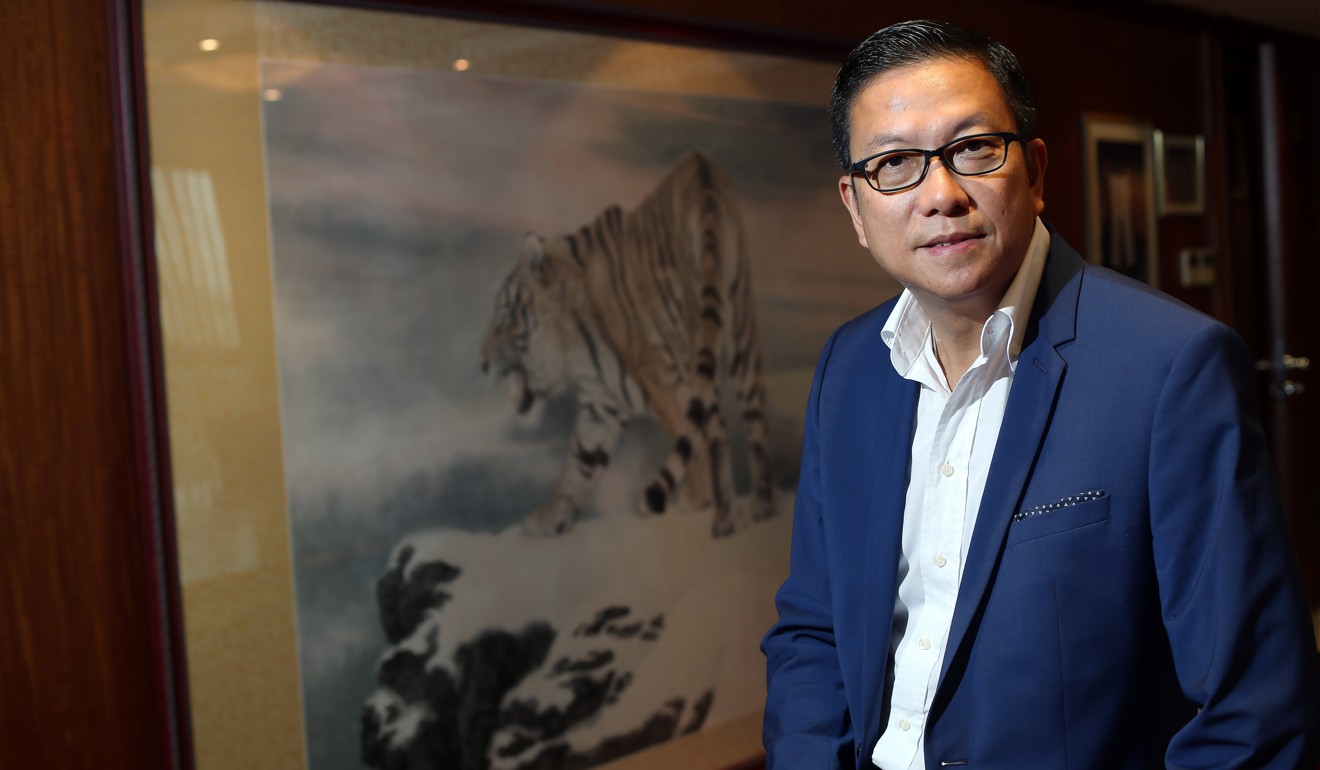
Irons Sze Wing-wai, Chinese Manufacturers’ Association of Hong Kong permanent honorary president, whose mainland businesses import US beans and cotton, is optimistic about where the US-China talks are going.
The effect of the trade war goes beyond just how much the tariffs are, it causes uncertainty in the global economy, he said.
“The truce is a chance for the US and China to finally set up a channel to see how they can settle their differences once and for all,” Sze added.
Jimmy Kwok Chun-wah, chairman of the Federation of Hong Kong Industries, said local companies with factories on the mainland had rushed to send their products to the US before January 1 to avoid the 25 per cent tariffs originally scheduled to come into force then.
He said the truce allowed businesses to breathe a sigh of relief for now as the US and China had gotten serious about settling their trade disputes. But he hoped the truce would last longer so there would be more time for both sides to negotiate.

